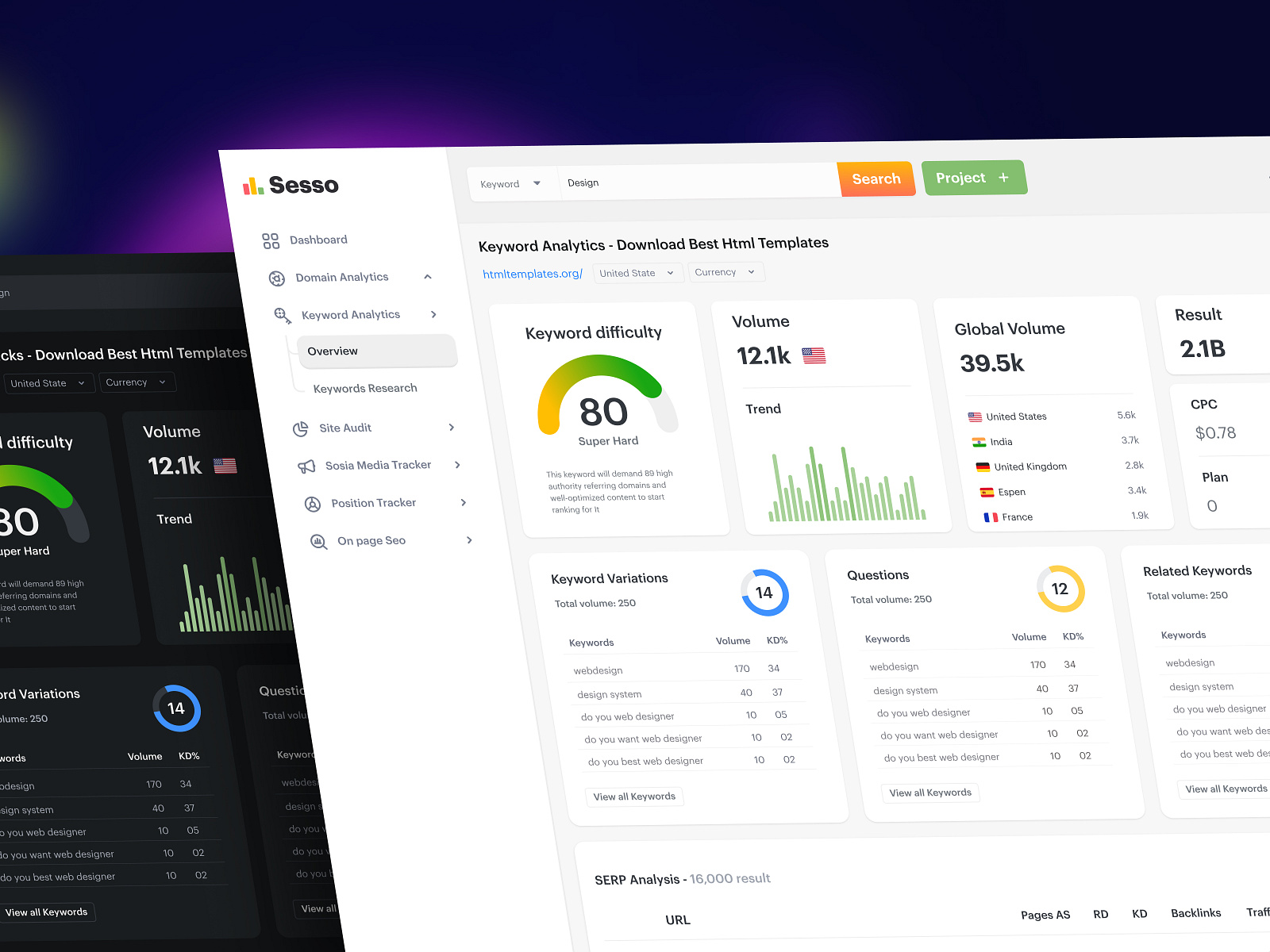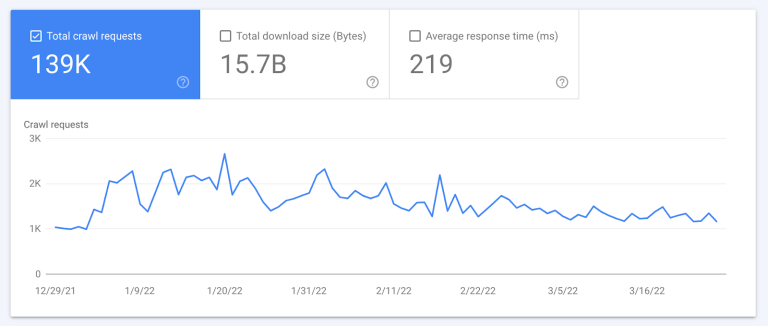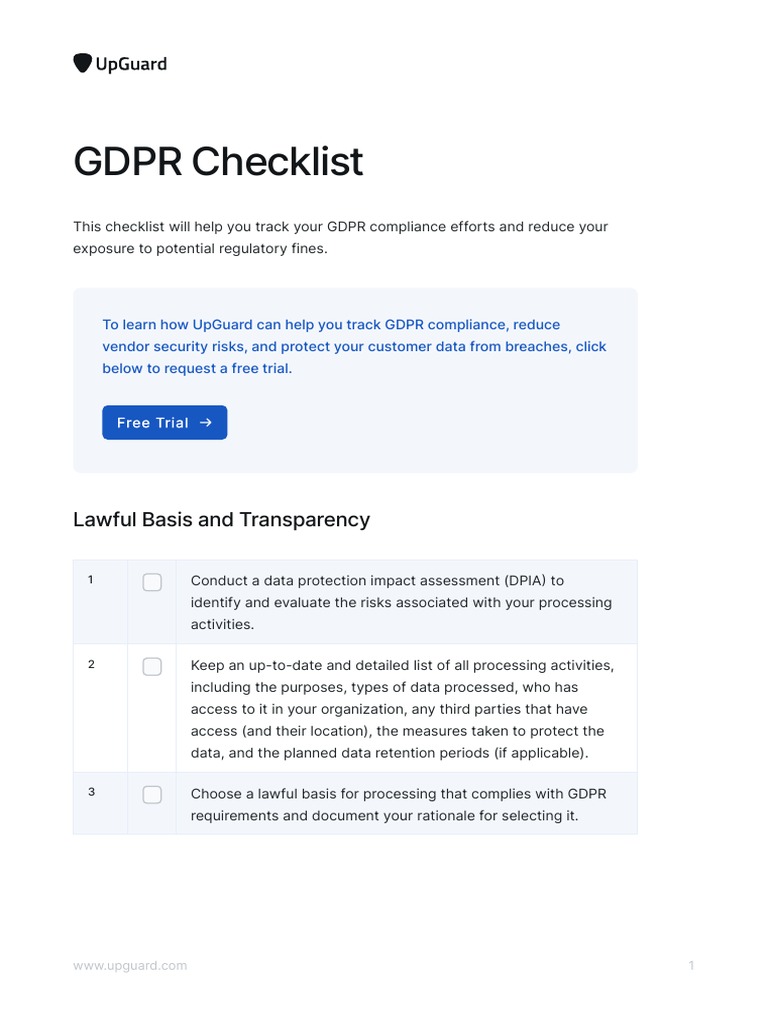
In the ever-evolving world of digital marketing, keyword search tools have become an essential component of any successful SEO strategy. These tools empower marketers, content creators, and business owners to identify high-value keywords, analyze search trends, and optimize their online presence for maximum visibility. Whether you’re a beginner or an experienced SEO professional, understanding how to leverage these tools can significantly impact your website’s performance and overall digital success.
This guide will explore the importance of keyword research, highlight some of the best keyword search tools available in 2024, and provide actionable strategies to help you maximize the effectiveness of your SEO efforts. By the end of this article, you’ll have a comprehensive understanding of how to use these tools to drive organic traffic, improve search rankings, and achieve your online goals.
Why Keyword Research Matters
Keyword research is the foundation of any effective SEO strategy. It involves identifying the words and phrases that users are searching for on search engines like Google, Bing, and Yahoo. By targeting the right keywords, you can ensure that your content appears in front of the right audience at the right time.
Key Benefits of Keyword Research:
- Improved Visibility: Targeting relevant keywords helps your website appear higher in search engine results pages (SERPs), increasing the chances of being seen by potential customers.
- Higher Traffic: Optimizing your content for high-volume keywords can drive more organic traffic to your site, leading to increased engagement and conversions.
- Competitive Edge: Understanding what keywords your competitors are ranking for allows you to identify gaps and opportunities to outperform them.
- Content Strategy: Keyword research provides insights into what topics your audience is interested in, helping you create content that resonates with your target market.
Without proper keyword research, your content may not reach the right people, and your SEO efforts may fall short of expectations. This is where keyword search tools come into play.
What Are Keyword Search Tools?
A keyword search tool is a software application or platform designed to help users discover, analyze, and track keywords related to their niche, industry, or content. These tools provide valuable data such as search volume, competition levels, and keyword difficulty, enabling users to make informed decisions about which keywords to target.
Some of the most popular features of keyword search tools include:
- Keyword Suggestions: Generating lists of relevant keywords based on a seed term or topic.
- Search Volume Analysis: Showing how often a particular keyword is searched for each month.
- Competition Analysis: Evaluating how difficult it is to rank for a specific keyword.
- Trend Tracking: Identifying rising or falling trends in keyword popularity over time.
- Content Optimization Insights: Offering recommendations on how to incorporate keywords into your content for better SEO performance.
By using these tools, you can streamline your keyword research process, save time, and focus on the keywords that will have the greatest impact on your website’s performance.
Top 10 Keyword Search Tools for 2024
With so many options available, choosing the right keyword search tool can be overwhelming. Here are some of the top tools that have proven to be effective in 2024:
1. Advanced Keyword Explorer
This powerful tool offers comprehensive data on keywords, including search volume, competition, and keyword difficulty. It also provides insights into keyword trends and helps you understand which keywords are driving traffic to your competitors’ websites.
2. SEO Keyword Genius

SEO Keyword Genius is ideal for those looking to analyze keywords, monitor Google Trends, and perform SERP analysis. Its ability to uncover hidden keyword opportunities makes it a valuable asset for both beginners and advanced users.
3. NextGen Keyword Assistant
Designed to help users find related keywords and optimize search queries, NextGen Keyword Assistant is perfect for expanding your keyword list and improving your search engine rankings.
4. Market Trend Keyword Finder

This tool focuses on discovering trending keywords and analyzing market trends using Google Analytics data. It’s particularly useful for businesses looking to stay ahead of the curve and adapt to changing consumer behavior.
5. Digital Marketer’s Keyword Tool
Tailored for digital marketers, this tool provides detailed insights into keyword performance, helping you optimize your content for better search engine results.
6. Global Keyword Analyzer
For businesses targeting international audiences, Global Keyword Analyzer is a must-have. It allows you to analyze global keywords and monthly search volumes, helping you tailor your content for different regions.
7. Content Strategy Keyword Planner

This tool is ideal for content creators who want to build a strong content strategy based on relevant keywords. It helps you identify high-potential keywords and track their performance over time.
8. E-commerce Keyword Optimizer
Specialized for e-commerce businesses, this tool helps you optimize product listings, improve search volume, and drive more traffic to your online store.
9. Social Media Keyword Tracker
If you’re active on social media, this tool helps you track keywords related to your posts and analyze related ideas for better engagement. It’s a great way to align your social media strategy with your broader SEO goals.
10. PPC Campaign Keyword Selector
For those running pay-per-click (PPC) campaigns, this tool helps you select the right keywords and optimize your ad spend for better ROI. It provides insights into keyword trends and conversion rates, making it a valuable resource for advertisers.
How to Use Keyword Search Tools Effectively
Now that you’re familiar with some of the best keyword search tools, here are some tips on how to use them effectively:
1. Start with Seed Keywords
Begin by identifying a few core keywords related to your topic or industry. These will serve as the foundation for your keyword research. Use tools like Google Keyword Planner or SEMrush to generate additional keyword ideas based on your seed terms.
2. Analyze Search Volume and Competition
Once you have a list of potential keywords, use the tools to analyze their search volume and competition levels. Focus on keywords that have a good balance of high search volume and low competition to maximize your chances of ranking.
3. Identify Long-Tail Keywords
Long-tail keywords are longer, more specific phrases that are easier to rank for than broad, generic terms. They often have lower competition and higher conversion rates. Use tools like AnswerThePublic or Ubersuggest to find long-tail keywords related to your topic.
4. Track Keyword Trends
Use tools like Google Trends or Moz to track the popularity of keywords over time. This can help you identify emerging trends and adjust your strategy accordingly.
5. Optimize Your Content
Once you’ve identified the right keywords, incorporate them naturally into your content. Make sure to include them in your title tags, meta descriptions, headers, and body text. Avoid keyword stuffing, as this can negatively impact your SEO.
6. Monitor and Update Regularly
SEO is an ongoing process, so it’s important to regularly monitor your keyword performance and update your strategy as needed. Use tools like Ahrefs or Majestic to track your rankings and see how your content is performing over time.
Emerging Trends in Keyword Optimization
As search engines continue to evolve, so do the strategies for keyword optimization. Here are some of the key trends shaping the future of keyword research in 2024:
1. Voice Search Optimization
With the rise of smart speakers and voice assistants, optimizing for voice search has become increasingly important. Voice searches tend to be more conversational and longer, so focusing on natural language and question-based keywords can give you a competitive edge.
2. AI-Powered Keyword Tools
Artificial intelligence is playing a growing role in keyword research. AI-powered tools like KeywordSearch and Moz AI can analyze vast amounts of data to uncover hidden keyword opportunities and provide real-time insights into user behavior.
3. Local SEO and Location-Based Keywords
For businesses targeting local audiences, optimizing for location-based keywords is crucial. Tools like Google My Business and Yext can help you identify and target keywords that are specific to your region or city.
4. Mobile-First Indexing
With Google now prioritizing mobile-friendly content, it’s important to ensure that your keywords and content are optimized for mobile devices. This includes using shorter, more concise keywords and ensuring that your website is responsive across all devices.
5. Semantic SEO
Semantic SEO focuses on understanding the intent behind a search query rather than just matching keywords. This means creating content that answers the user’s question comprehensively, even if it doesn’t include exact keyword matches.
Frequently Asked Questions About Keyword Search Tools
Q: What Makes a Keyword Tool Effective for SEO in 2024?
A: An effective keyword tool should provide comprehensive data on search volume, competition, and keyword difficulty. It should also offer features like trend analysis, competitor analysis, and integration with major search engines like Google.
Q: How Often Should I Perform Keyword Research?
A: Performing keyword research regularly is essential to stay updated with the latest trends. It’s recommended to conduct keyword research at least once every few months or whenever you create new content.
Q: Can I Use Multiple Keyword Tools Simultaneously?
A: Yes, using multiple keyword tools can provide a more complete picture of your keyword landscape. Different tools may offer unique insights, allowing you to refine your strategy and target the most valuable keywords.
Q: What Are the Emerging Trends in Keyword Optimization?
A: Emerging trends include focusing on long-tail keywords, optimizing for voice search, and aligning content with user search intent. These trends reflect the changing behavior of users and the need for more personalized and relevant content.
Q: How to Measure the Success of Your Keyword Strategy?
A: You can measure the success of your keyword strategy by tracking metrics like organic traffic, search engine rankings, and conversion rates. Tools like Google Analytics provide valuable insights into keyword performance and user behavior.
Q: Is It Necessary to Update My Keyword List Regularly?
A: Yes, updating your keyword list regularly ensures that your content remains relevant and aligned with current search trends. Monitoring keyword performance and adjusting your strategy accordingly can help you maintain a strong online presence.
Conclusion
In today’s competitive digital landscape, keyword search tools are indispensable for anyone looking to improve their SEO strategy and drive organic traffic to their website. From identifying high-value keywords to analyzing search trends and optimizing content, these tools provide the insights needed to make data-driven decisions.
Whether you’re a small business owner, a content creator, or an SEO professional, leveraging the right keyword search tools can help you stay ahead of the curve and achieve your online goals. By following the strategies outlined in this guide and staying up-to-date with the latest trends, you’ll be well-equipped to succeed in the ever-changing world of SEO.
Remember, the key to effective keyword research lies in continuous learning, adaptation, and experimentation. With the right tools and a solid strategy, you can unlock the full potential of your online presence and connect with your target audience in meaningful ways.






